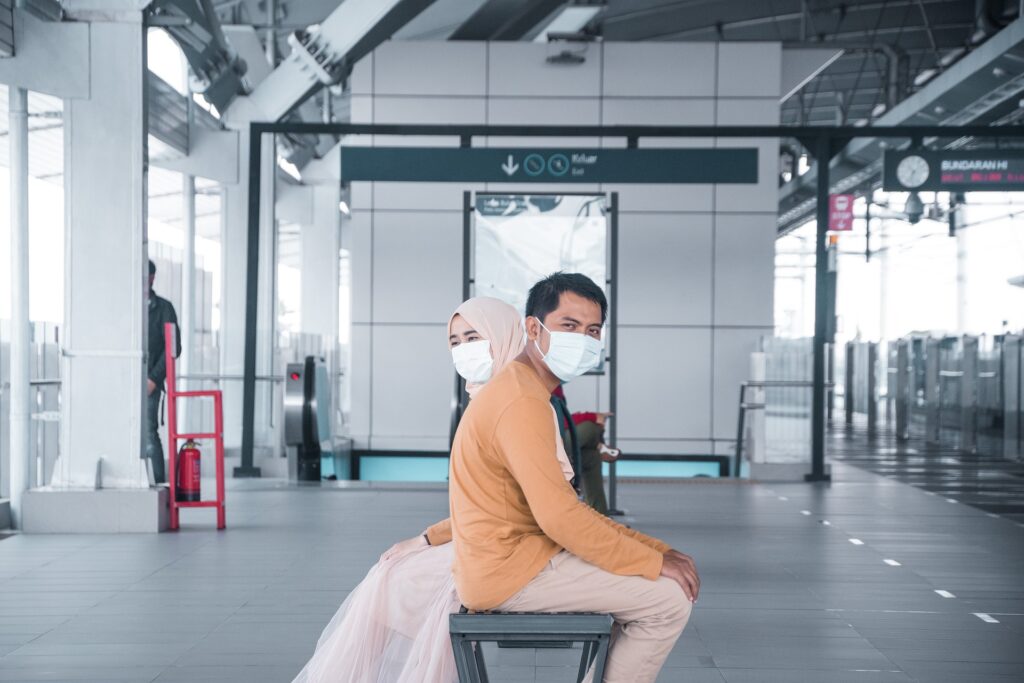Since the onset of the COVID-19 pandemic, the global scientific community has been working tirelessly to develop effective vaccines to combat the virus. Two vaccines that have emerged as game-changers in the fight against the pandemic are those produced by Pfizer-BioNTech and Moderna. Both vaccines have showcased remarkable efficacy rates, paving the way for widespread immunization efforts. This article explores the key features, efficacy, and impact of the Pfizer and Moderna COVID-19 vaccines.
What Pfizer and Moderna Have Achieved So Far
mRNA Technology Breakthrough
The Pfizer-BioNTech and Moderna vaccines are based on messenger RNA (mRNA) technology, which represents a breakthrough in vaccine development. mRNA vaccines provide instructions to cells to produce a harmless piece of the virus spike protein, prompting an immune response without causing infection. This technology allows for faster and more flexible vaccine production, making it easier to adapt to emerging variants if necessary.
High Efficacy Rates
Both the Pfizer-BioNTech and Moderna vaccines have demonstrated exceptional efficacy rates in clinical trials. The Pfizer-BioNTech vaccine reported an efficacy rate of around 95%, while Moderna reported an efficacy rate of approximately 94.1%. These results far surpassed the expectations of the scientific community and marked a significant milestone in the race against COVID-19.
Safety Profile
Extensive clinical trials have shown that the Pfizer and Moderna vaccines have a robust safety profile. Common side effects are generally mild and include temporary pain at the injection site, fatigue, and mild flu-like symptoms. Severe adverse reactions are exceedingly rare. The vaccines have undergone rigorous testing and monitoring to ensure their safety and effectiveness.
Global Deployment and Impact
The Pfizer and Moderna vaccines have been authorized for emergency use in numerous countries, contributing significantly to global vaccination efforts. Their widespread deployment has played a crucial role in curbing the spread of the virus, reducing hospitalizations, and preventing severe illness and death. These vaccines have been instrumental in protecting vulnerable populations, healthcare workers, and frontline workers.
Challenges and Logistics
While the Pfizer and Moderna vaccines have demonstrated outstanding efficacy, their distribution and administration present logistical challenges. Both vaccines require ultra-cold storage temperatures, making the transportation and handling of doses more complex. However, efforts have been made to address these challenges by establishing cold chain infrastructure and providing appropriate storage solutions.
Durability and Booster Shots
As the pandemic evolves, ongoing studies are being conducted to determine the duration of immunity conferred by the Pfizer and Moderna vaccines. Preliminary data suggest that vaccinated individuals maintain a high level of protection against severe illness and hospitalization. Additionally, booster shots are being explored to enhance and prolong immunity, especially in the face of emerging variants.
What’s Next for Pfizer and Moderna Vaccines

The U.S., along with other countries worldwide has announced the end of the public health emergency of COVID-19. In the past year, the whole world had been transitioning to a new normal where the pandemic is not an urgent medical issue anymore, thanks to vaccines primarily made by Pfizer and Moderna.
As the pandemic ends, the question of what happens next to the drug manufacturers who created these vaccines becomes more pertinent. Both Pfizer and Moderna have announced that even though billions of people have been inoculated with the necessary vaccines, their work is not nearly done.
These drug manufacturing giants say that research will continue on developing new versions of the vaccines that cover a broader range of virus mutations. They are also eyeing to expand the effectiveness of the drugs to cover other respiratory infections.
On the business side of things, because the pandemic is not an urgent medical concern anymore, the companies are transitioning to higher prices for the vaccines to be sold directly to healthcare providers. The initial retail price is eyed at around $110 to $130 per shot.
With the research geared towards treating COVID-19 as a regular respiratory illness, pharmaceutical companies are saying that people can get their vaccines against it annually, just like the flu shot.
The Pfizer-BioNTech and Moderna COVID-19 vaccines represent groundbreaking achievements in the field of vaccine development. Their high efficacy rates, coupled with their safety profiles, have positioned them as pivotal tools in combating the pandemic. These vaccines have played a critical role in reducing the spread of the virus, saving lives, and allowing societies to gradually return to normalcy. Continued research and ongoing vaccination efforts remain essential as we adapt to the evolving nature of the pandemic and strive to achieve global immunization. The development and success of the Pfizer and Moderna vaccines offer hope and serve as a testament to the power of scientific innovation in overcoming global health crises.


